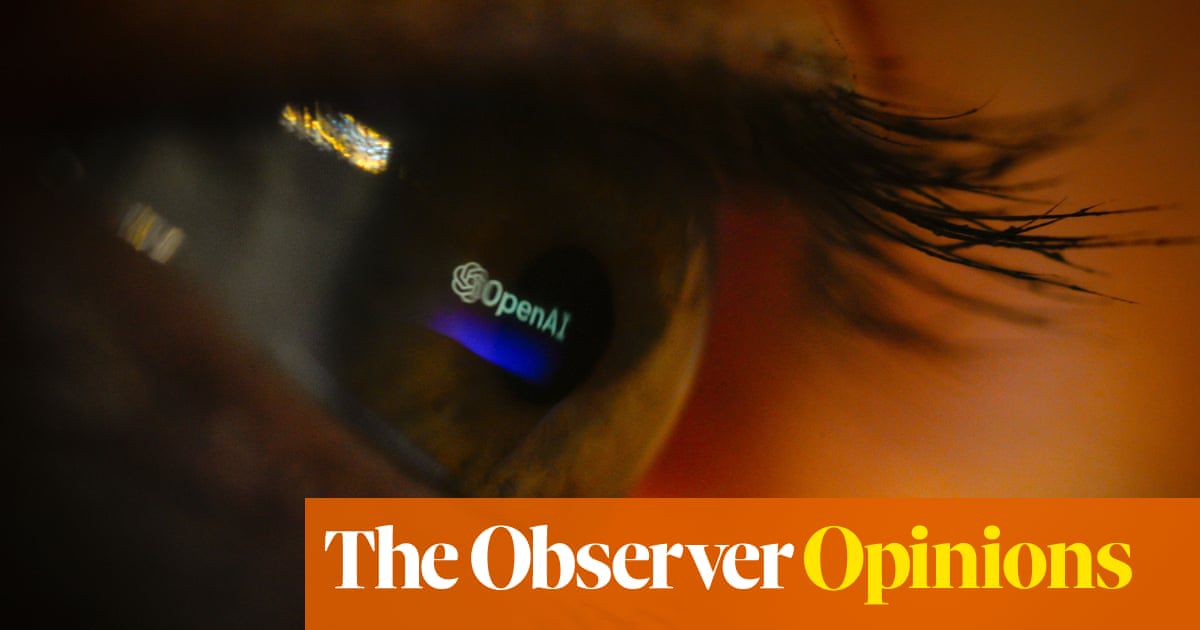from JRepin@lemmy.ml to technology@lemmy.ml on 10 Mar 2024 14:47
https://lemmy.ml/post/13005958
In 1914, on the eve of the First World War, HG Wells published a novel about the possibilities of an even greater conflagration. The World Set Free imagines, 30 years before the Manhattan Project, the creation of atomic weapons that allow “a man [to] carry about in a handbag an amount of latent energy sufficient to wreck half a city”. Global war breaks out, leading to an atomic apocalypse. It takes the “establishment of a world government” to bring about peace.
What concerned Wells was not simply the perils of a new technology, it was also the dangers of democracy. Wells’ world government was not created through democratic will but imposed as a benign dictatorship. “The governed will show their consent by silence,” England’s King Egbert menacingly remarks. For Wells, the “common man” was “a violent fool in social and public affairs”. Only an educated, scientifically minded elite could “save democracy from itself”.

threaded - newest
This is the best summary I could come up with:
The World Set Free imagines, 30 years before the Manhattan Project, the creation of atomic weapons that allow “a man [to] carry about in a handbag an amount of latent energy sufficient to wreck half a city”.
From the boardrooms of Silicon Valley to the backrooms of Davos, political leaders, tech moguls and academics exult in the immense benefits that AI will bring, but fear that it may also herald humanity’s demise as superintelligent machines come to rule the world.
In 2015, the journalist Steven Levy interviewed Elon Musk and Sam Altman, two founders of OpenAI, the tech company that burst into public consciousness two years ago with the release of ChatGPT, the seemingly human-like chatbot.
A galaxy of Silicon Valley heavyweights, fearful of the potential consequences of AI, created the company as a non-profit-making charitable trust with the aim of developing technology in an ethical fashion to benefit “humanity as a whole”.
It was necessary to be less open, Ilya Sutskever, another of OpenAI’s founders and at the time the company’s chief scientist, claimed in response to criticism, to prevent those with malevolent intent from using it “to cause a great deal of harm”.
“It is unfair to thrust on to unqualified simpletons the responsibility to take historic decisions of great complexity and sophistication,” as Richard Dawkins put it after the Brexit referendum, a sentiment with which Wells would have agreed.
The original article contains 1,057 words, the summary contains 232 words. Saved 78%. I’m a bot and I’m open source!
The logic ain’t logicing